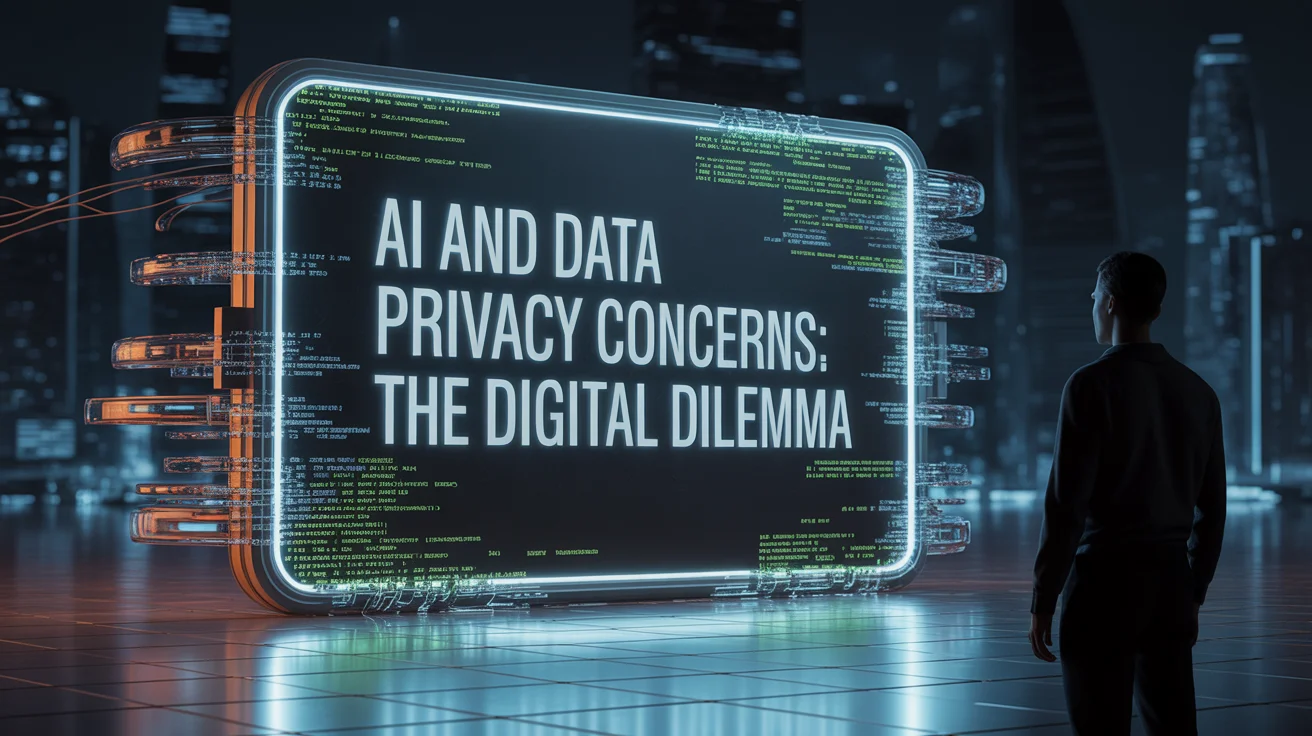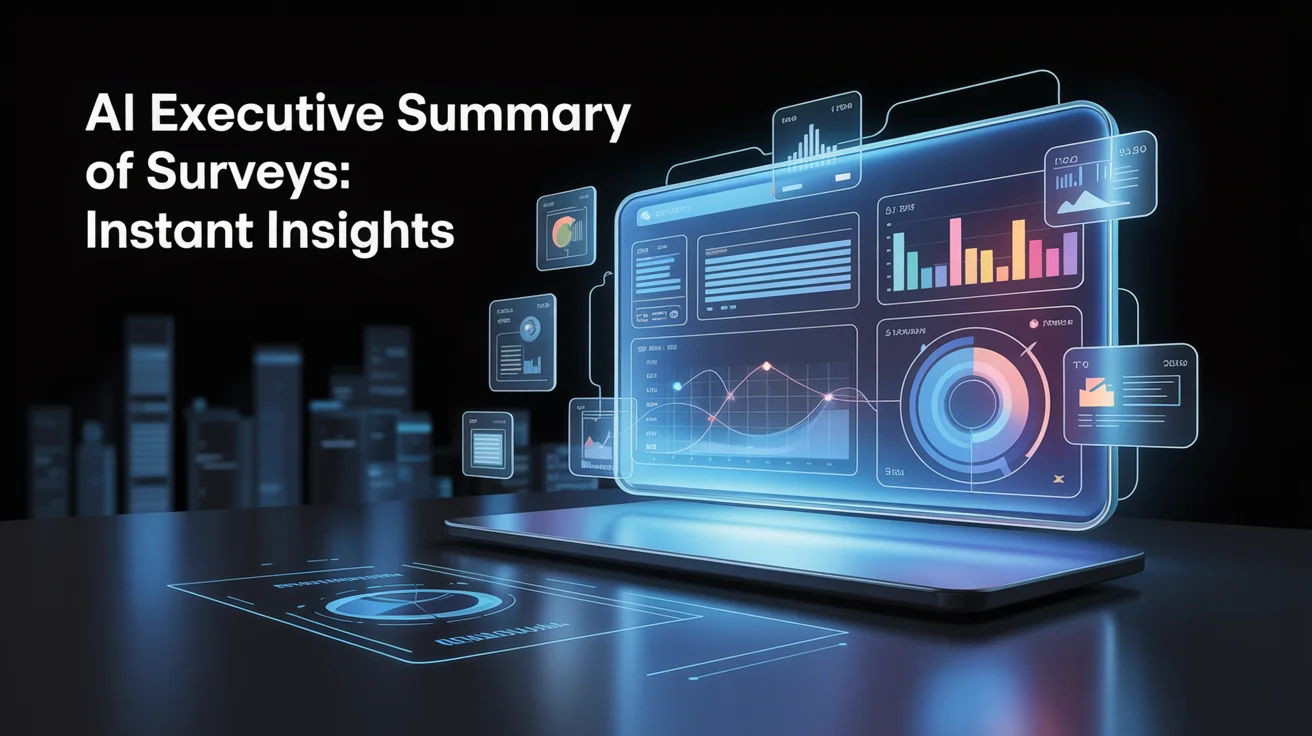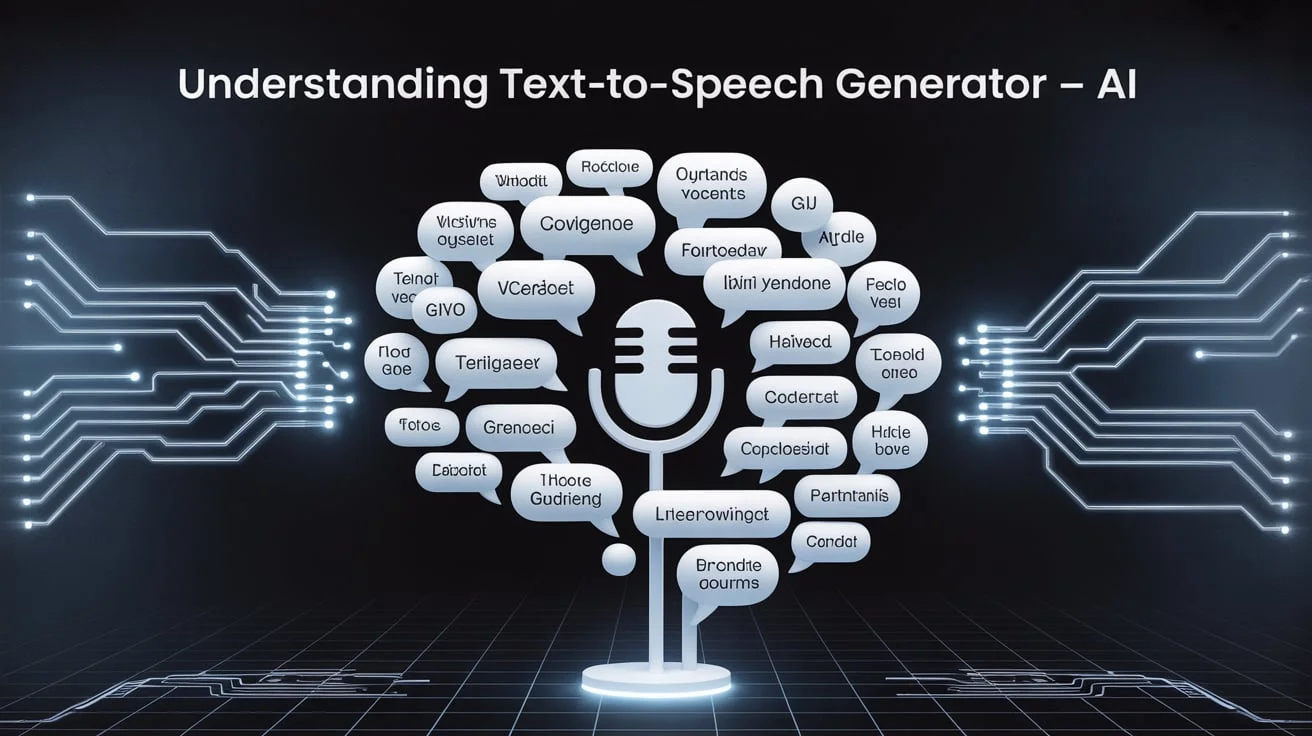The rise of artificial intelligence (AI) has transformed how we live, work, and interact. From intelligent assistants to predictive algorithms, AI is deeply embedded in our daily lives.
But with this power comes responsibility, especially around how AI handles our data. This has given rise to a critical issue: AI and data privacy concerns.
The relationship between AI and data privacy concerns is no longer theoretical. Every search, click, and digital footprint feeds into an AI-driven system.
While AI aims to improve user experience and decision-making, it often does so by accessing sensitive data, raising alarm bells around consent, misuse, and security.
The Role of AI in Collecting Personal Data
AI relies on vast amounts of data to learn and evolve. This includes everything from browsing behavior and social media activity to voice inputs and facial recognition scans. Most of this information is gathered without users fully understanding how, why, or where their data is being stored and used.
The key problem lies in transparency. AI systems are often seen as “black boxes,” where it’s unclear what data is collected, how it’s processed, or who has access to it. In some cases, personal data is shared across platforms or sold to third parties without explicit consent.
Why Data Privacy Is at Risk in the Age of AI
Data privacy isn’t just about hiding information. It’s about giving individuals control over their data. But AI can strip away that control, especially when algorithms access personal details without asking.
Machine learning tools can draw patterns from your data that you may not even be aware of, which raises ethical and legal questions.
Furthermore, once data is fed into an AI system, it’s hard to retrieve or delete. This makes the right to be forgotten, a fundamental privacy right, difficult to enforce in AI systems. As a result, your data could be part of a learning model forever.
Major AI-Driven Privacy Threats
AI poses multiple risks to user privacy. These threats aren’t just theoretical; they’re already happening in real life.
Common concerns include unauthorized data scraping, invasive surveillance, and facial recognition misuse. Hackers can also exploit AI systems to launch targeted cyberattacks or manipulate public opinion by analyzing personal interests.
Key Privacy Threats from AI
- Predictive profiling without user consent
- Deepfakes and synthetic identities that replicate personal data
- Lack of transparency in how data is collected and used
- Weak data anonymization that can be re-identified
- AI training models using personal images or conversations
Regulations Struggling to Keep Pace

While some laws exist to protect privacy, many are outdated. AI is advancing so quickly that legal frameworks can’t keep up. Rules like the General Data Protection Regulation (GDPR) and California Consumer Privacy Act (CCPA) are good starts, but enforcement remains weak.
Governments and tech firms must work together to close the gaps. Otherwise, loopholes will continue to allow unchecked data access and use by AI.
Ethical Implications of AI Data Collection
Ethical challenges arise when AI systems start making decisions that affect people’s lives, like in hiring, loans, or healthcare. These decisions are often based on biased or incomplete data. Worse, individuals affected by these outcomes may have no idea how or why those decisions were made.
There is also the risk of discrimination. AI may unintentionally reinforce existing social biases, especially when trained on historical data. This creates unfair outcomes that could go unnoticed without human oversight.
Best Practices for AI Privacy Protection
To reduce privacy risks, organizations must design AI with privacy in mind. That means implementing security by default, minimizing data collection, and increasing transparency. It’s also vital to include human oversight in AI decision-making processes.
Proven Methods to Protect AI Data Privacy
- Adopt privacy-first design approaches.
- Use differential privacy to mask personal data.
- Give users precise control over their information.
- Regularly audit AI systems for ethical compliance.
- Ensure data minimization wherever possible.
The Importance of Consent and Awareness
Most users don’t realize how much data AI systems collect. They agree to terms without reading them and unknowingly give away access to sensitive data. Clear, simple privacy policies are essential, but many companies still bury the details.
Informed consent must be more than a checkbox. It should involve real choices, clear communication, and complete control over what data is shared and for what purpose.
Data Breaches in AI Systems
AI is not immune to data breaches. In fact, the data-hungry nature of AI increases the attack surface. If breached, the damage is far-reaching, as it could involve biometric data, behavioral patterns, and even confidential health information.
The consequences of AI-based data breaches include financial loss, identity theft, and public trust erosion. Therefore, cybersecurity measures must evolve alongside AI advancements.
Building Trust Through Responsible AI
Users will only embrace AI if they trust it. That trust comes from transparency, fairness, and strong data protection policies. Companies must openly explain how their AI systems function, what data they use, and what rights users have.
Tech leaders must take accountability. Ethical AI isn’t just good practice, it’s a competitive advantage. Businesses that respect data privacy will earn user loyalty and long-term success.
Strategies to Build Trust in AI
- Publish detailed AI transparency reports.
- Introduce AI ethics boards within companies.
- Let users opt out of automated decision-making.
- Conduct regular risk assessments on the AI model.
- Educate the public about AI data usage policies.
Future of AI and Privacy: Where Do We Go from Here?
The future of AI and privacy is intertwined. As AI becomes more embedded in society, protecting privacy must become a top priority. This involves updating laws, rethinking business models, and making privacy a core feature, not an afterthought.
We need global cooperation to develop uniform standards. Without international collaboration, tech companies can easily exploit weaker laws in certain regions. Only a unified approach can truly protect individuals in the digital age.
Conclusion:
As AI continues to reshape industries and everyday life, safeguarding data privacy has never been more urgent. The benefits of AI are vast, but without strong privacy protections, the risks can outweigh the rewards. Ethical frameworks, transparent policies, and user consent must guide the development of AI systems.
To move forward safely, we need more than just regulations; we need a cultural shift toward responsible data use. Governments, tech companies, and users all share the responsibility of building a future where innovation and privacy go hand in hand.
Addressing AI and data privacy concerns today is not just a legal requirement; it’s a moral obligation for tomorrow’s digital society.
Frequently Asked Questions:
Q1: What are AI and data privacy concerns?
These concerns refer to how AI systems collect, store, and use personal data, often without user awareness or consent.
Q2: How does AI invade privacy?
AI can analyze behavior, predict personal choices, and extract sensitive patterns from data, sometimes without user knowledge.
Q3: Can AI be used ethically with data?
Yes, with proper safeguards like consent, transparency, and privacy-focused design, AI can be used responsibly.
Q4: Are there laws protecting data from AI misuse?
Laws like GDPR and CCPA exist, but more vigorous enforcement and updates are needed to match AI’s rapid growth.
Q5: How can users protect their privacy from AI?
By limiting data sharing, reading privacy policies, and using platforms that prioritize ethical AI practices.




